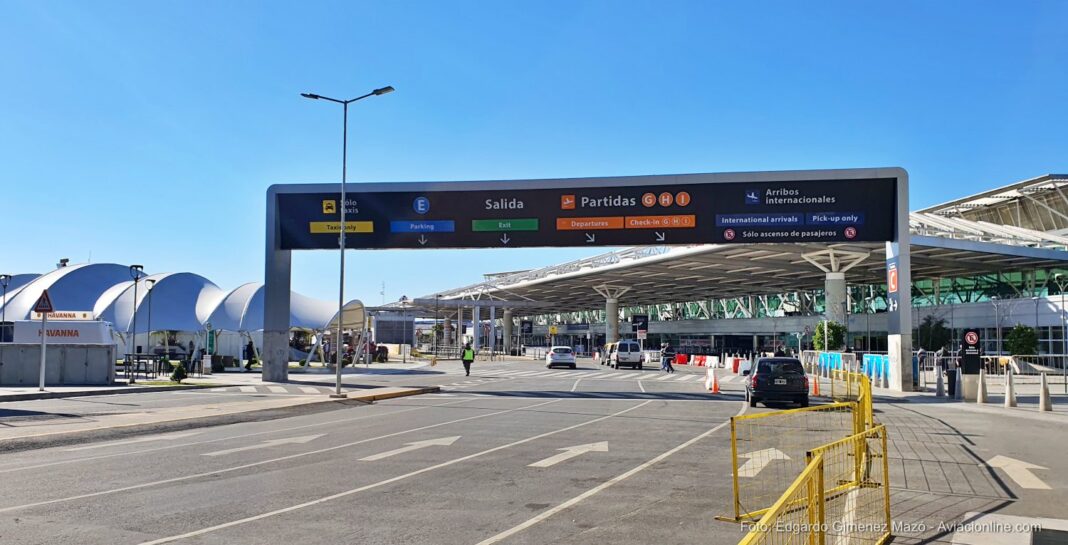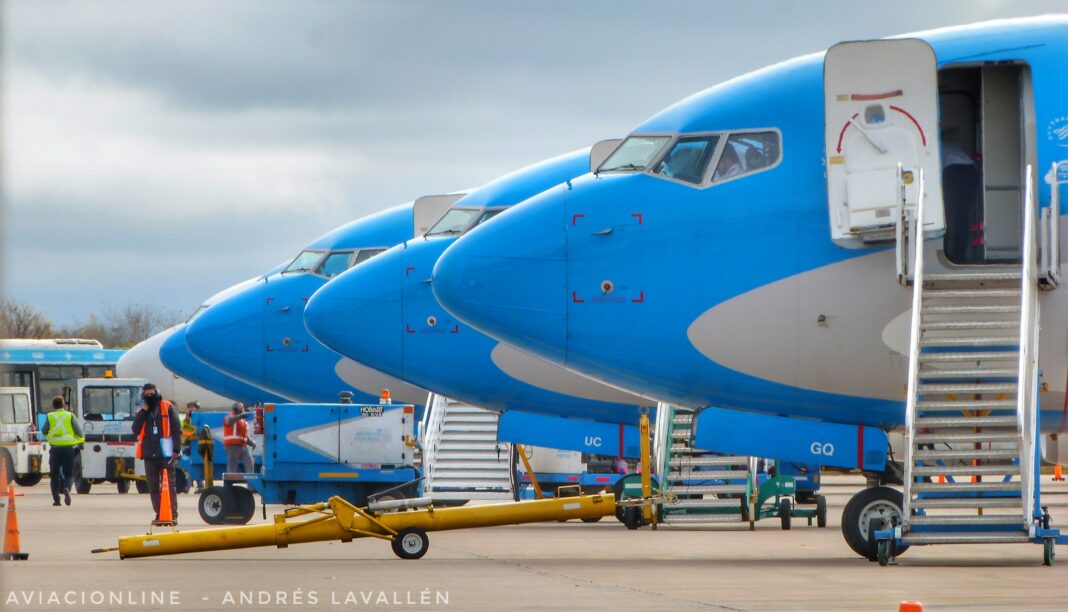The Republic of Argentina reported yesterday a record number of cases of COVID-19, with more than 110,000 new infections registered in 24 hours, surpassing by more than three times the peak reached during the second wave in mid-2021.
This is provoking a lot of media attention, even though the previous week the Minister of Health, Carla Vizzotti, warned that it was necessary to focus on the number of cases and to follow the number of hospitalizations in intensive care and deaths, indicators that have remained stable despite the exponential growth of the curve recorded in the last fifteen days.
Within this context, the Chief of Staff of the Ministry of Health, Sonia Tarragona, in an interview with the television channel Todo Noticias, pointed out that «at this moment we are not evaluating any additional border measures, but we cannot discard them either».
«The dynamics of the situation is so uncertain that nobody imagined that in less than a month we were going to have an outbreak of cases like the one we had since no one thought that a variant of these characteristics was going to arise and this keeps us on alert all the time», the official continued.
Argentina maintained during a large part of the pandemic one of the most restrictive migratory policies in the region, only allowing non-resident foreigners to enter the country in October last year, initially from neighboring countries and since November for the whole world, provided that only those who have completed the vaccination schedule, in addition to the general requirement of the PCR test performed within 72 hours of embarkation and the second test between the third and fifth day of arrival in the country.
The points of entry were also limited by creating the figure of «safe corridors», which in air travel now include Ezeiza International Airport, Jorge Newbery Airport and San Fernando International Airport in Buenos Aires, and the airports of Córdoba, Mendoza, Puerto Iguazú, Neuquén, San Martín de los Andes, Salta, El Calafate, Rosario, San Miguel de Tucumán and Ushuaia.
This was accompanied by a strict and controversial limitation on the number of international flights, which were approved in dribs and drabs and only a few days in advance, causing additional inconveniences to both passengers and airlines.
In most of the western world, the explosion of cases generated by the omicron variant has not been translated into the reimplementation of the same restrictions to the international circulation of people that existed during 2020 and part of 2021, which leads to the expectation that in Argentina there will be no progress in that sense either.







